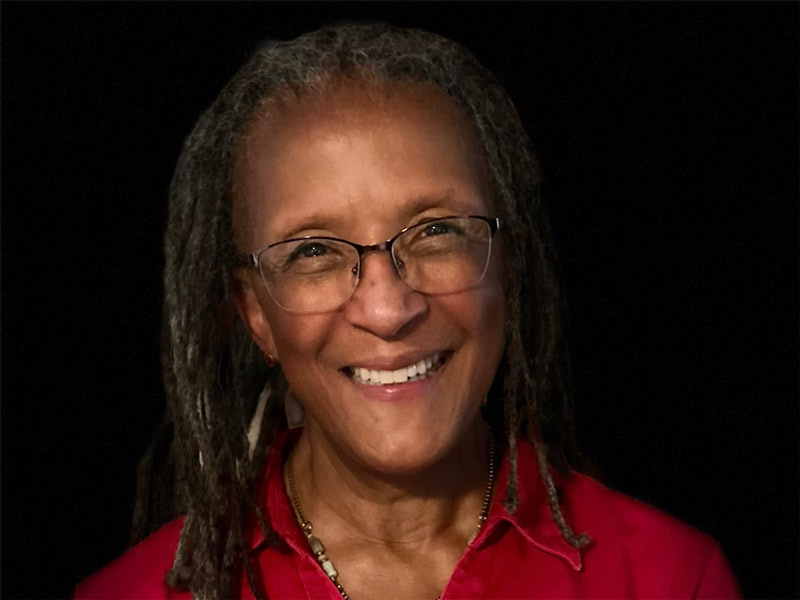Deborah Butler’s passion for helping others started when she was just a child growing up in D.C. “I always looked after the younger kids on my street, everything from bringing them over to my house and just getting them something cold to drink,” she said. Butler’s upbringing in a working class neighborhood and her gift for helping others, specifically youth, would be integral in her professional career as she now works as associate director of the Center for Cultural Experiences in Prevention housed in the Department of Psychology.
After serving in the United States Air Force and completing her undergraduate degree she returned to D.C. eventually working for the Bethesda Youth Services doing therapeutic adventure recreation. “I've always done something with youth and young adults. I think what I really love is trying to make a difference in the life of disenfranchised youth and young adults. That's always given me my greatest satisfaction, working with youth of color,” she said.
As associate director, Butler has many duties at the Center for Cultural Experiences in Prevention. "Here at the center, we develop and implement programs and projects that focus on the prevention of substance abuse and risky sexual behavior among African American youth and young adults,” she said.
“This past March, we wrapped up a five-year study on HIV prevention and substance abuse prevention among African American young adults in Richmond, and that project was actually an expansion of a project we had for five years prior to that where we were focused on African American young adults here at VCU,” she said. This project involved bringing HIV testing on campus and working with students to develop “edutainment” events. “We let the students take the lead. I saw my job is providing resources and guidance. And let them do it because I know we often underestimate young adults. They really do know and are capable of more than we think they do,” she said.
One of Butler’s biggest roles at the center is community engagement. Linking community partners allows Butler and the center to provide sexual health resources to the community. “Creating linkages” is what she calls it and she has done it throughout her career. “When that connection happens, it may be through another community organization that we've worked with that can assist us. But I think I love creating those linkages to resources for community organizations probably because I get to see what that leads to,” Butler said.
When Butler isn’t busy helping others in her community, she can be found reading a good book or exploring nature. “I've always loved the outdoors and one of my favorite things to do is get out into nature. I have no problem being by myself in nature,” she said. Butler in addition to her role with the Center is currently a project assistant for a vaccine hesitancy project with the Research Institute for Social Equity (RISE) in the L. Douglas Wilder School of Government and Public Affairs.
